Disasters

2016 Floods
A rainy weekend in August 2016 unexpectedly left behind more than three times the amount of rain dropped by Hurricane Katrina, damaging 146,000 homes in fifty-six of Louisiana’s sixty-four parishes.

A rainy weekend in August 2016 unexpectedly left behind more than three times the amount of rain dropped by Hurricane Katrina, damaging 146,000 homes in fifty-six of Louisiana’s sixty-four parishes.
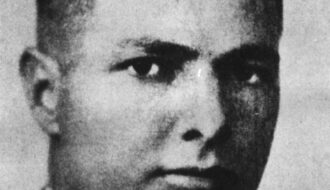
Alvin King served as governor of Louisiana for five months during a political power struggle between Huey P. Long and Lieutenant Governor Paul Cyr.
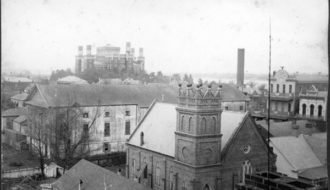
Based in Baton Rouge, early photographer Andrew Lytle spent a half-century chronicling the quotidian and exceptional events and faces of the city.
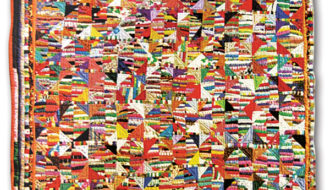
Anna Williams was a self-taught quilter, considered to be one of the twentieth century's most significant fiber artists.
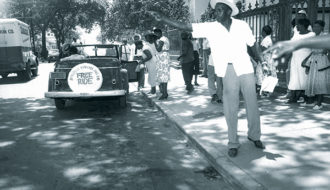
The Baton Rouge Bus Boycott of June 1953 lasted eight days and became a model for organizers of the 1955 Montgomery Bus Boycott.

The 1953 Baton Rouge Bus Boycott was an organized, eight-day long protest of the segregated seating system on city buses.

The Baton Rouge Symphony Orchestra is eighty-five to ninety musicians strong, and plays more than sixty concerts in twelve different venues annually.
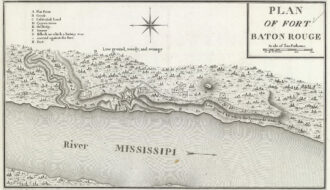
Spanish colonial capture of British forts on the Mississippi River during the American Revolutionary War provided significant strategic and symbolic victories.
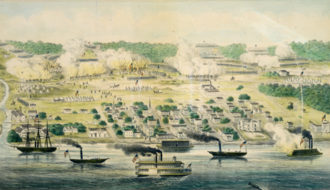
Union and Confederate troops fought to secure the strategic town on the Mississippi River.
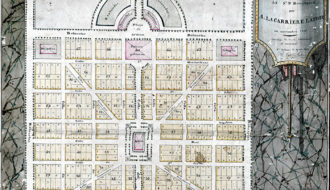
Baton Rouges' Beauregard Town, planned in 1806 by Capt. Elias Beauregard, is now a predominantly residential district.
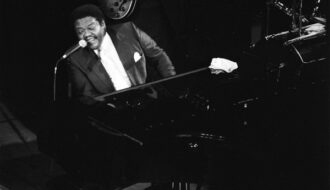
Of the 119 musicians inducted into the national Blues Hall of Fame, roughly twenty percent are from Louisiana.

When Louisiana's Bob Pettit retired from the National Basketball Association in 1965, he was widely regarded as an all-time great and had earned two Most Valuable Player awards.
One-Year Subscription (4 issues) : $25.00
Two-Year Subscription (8 issues) : $40.00
